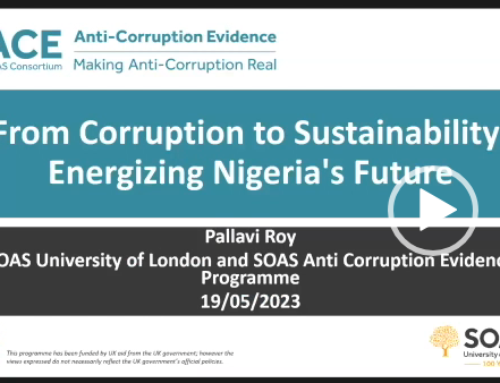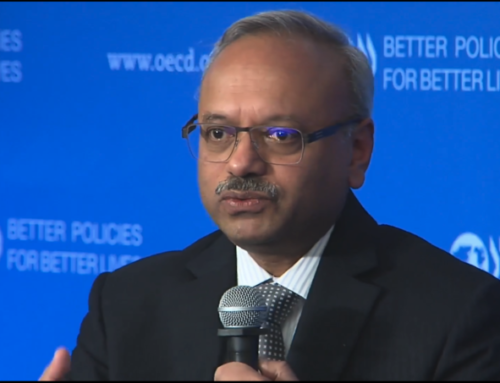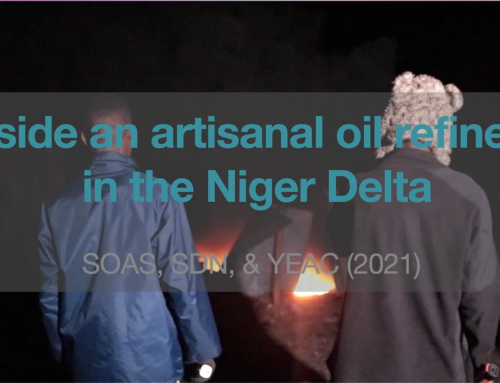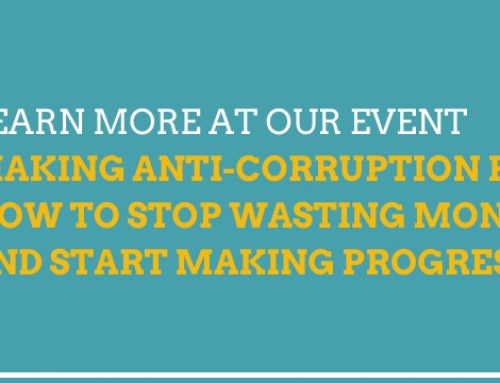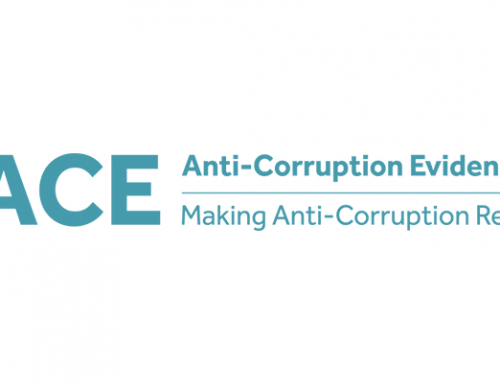On 25 March 2021, SOAS-ACE lead a Knowledge Partner Session at the OECD Global Anti-Corruption & Integrity Forum. The panel proposed a framework donors can use to respond to governance challenges posed by the COVID pandemic. The framework is adaptive, leaving room for flexibility of responses based on the operating context. It allows for multiple ‘horizontal networks’ – those from the private sector and community networks, and not just in the public sector – to deliver services to citizens in a cost-effective manner, thereby reducing corruption. Moreover, using the framework’s approach will help reveal the competence of the networks’ best performers who can then be deployed to scale up this system of service delivery. Ultimately, the approach can also be used for other health emergencies.
This interactive session was held in the format of a conversation (20 minutes), which was then followed by a Q&A (25 minutes).
Speakers:
- Mushtaq Khan, Professor of Economics, SOAS University of London, Chief Executive Director, Anti-Corruption Evidence Research Partnership Consortium
- Pallavi Roy, Senior Lecturer in International Economics, CISD, SOAS University of London, Research Director, Anti-Corruption Evidence Research Partnership Consortium
- Jonathan Papoulidis, Executive Advisor on Fragile States, International Programs Group, World Vision
This webinar was part of the Knowledge Partner talks of the 2021 OECD Global Anti-Corruption & Integrity Forum, which aimed at learning more about the latest insights and initiatives of civil society organisations and academia, covering issues such as beneficial ownership, sovereign wealth funds, and ethical business regulation.
Watch a shortened version of this session recording here.


